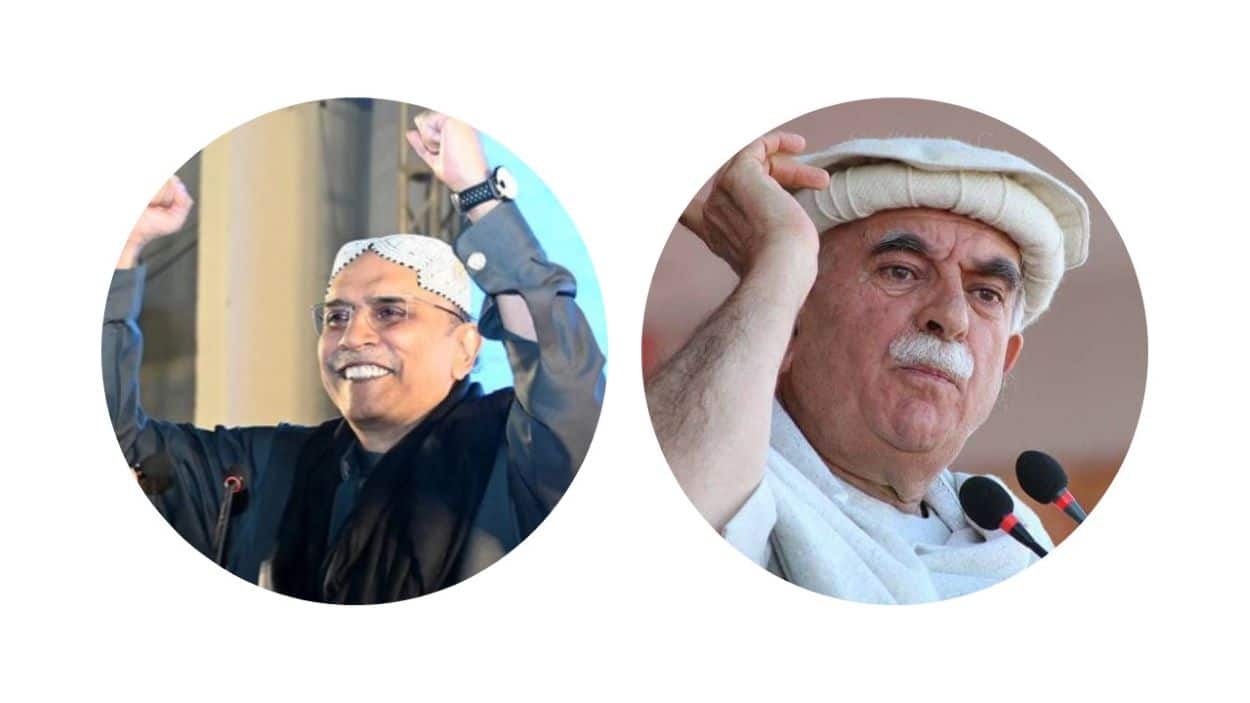Pakistan will choose its 14th president today as the electoral process concludes. The national and provincial assemblies and the Senate are tasked with electing the new head of state following the end of polling, which took place from 10 am to 4 pm through a secret ballot.
Contenders for the presidency include Asif Ali Zardari, representing a coalition of the Pakistan Peoples Party (PPP) and the Pakistan Muslim League-Nawaz (PML-N), and Mahmood Khan Achakzai, the nominee from the Sunni Ittehad Council (SIC). The ruling alliance, which includes the PML-N, PPP, and Muttahida Qaumi Movement-Pakistan (MQM-P), supports Zardari’s candidacy.
The electoral college, composed of the Senate, National Assembly, and the four provincial assemblies, elects the President. To facilitate this election, a joint session of the parliament convened in Islamabad, and separate sessions were held in provincial assemblies.
On Saturday, the Election Commission of Pakistan declared all assembly venues polling stations for the presidential election. 695 assembly members from Sindh, Punjab, Balochistan, and Khyber Pakhtunkhwa participated in the election.
With a majority in both the assemblies and Senate, PPP co-chairman Asif Ali Zardari is anticipated to secure the presidency for a second term.
Meanwhile, Achakzai has called for a delay in the presidential election, citing an “incomplete” electoral college. In a communication to the chief election commissioner, he highlighted the absence of elected members for reserved seats, arguing that proceeding under these conditions undermines the rights and principles enshrined in the constitution.
On the eve of the election, President Arif Alvi received a ceremonial guard of honour at Aiwan-e-Sadr, marking the end of his constitutional term. Alvi, who became the 13th president following the PTI’s electoral victory, officially took office on September 9, 2018, succeeding Mamnoon Hussain.






